Flagge zeigen
Ob im Nordpazifik oder am Nordpol: Die Rivalität der Großmächte und der politische wie ökologische Klimawandel beeinflussen sich gegenseitig. Man stelle sich eine Szene in den kommenden Jahren vor: Die Geschichte der selbsternannten „Volksrepubliken“ Donezk und Luhansk in der Ukraine würde mit einem Missgeschick enden. Bevor die Separatistenhochburgen endgültig in den Besitz des ukrainischen Staates übergehen würden, sollte die Flagge der russischen Schutzmacht noch ein letztes Mal feierlich eingeholt werden. Doch anstatt langsam nach unten zu gleiten, würde sich die weiß-blau-rote Trikolore am Mast verhaken. Mehrere Matrosen müssten emporklettern, um das Tuch zu lösen. Dabei würde das Symbol imperialer...
Read More

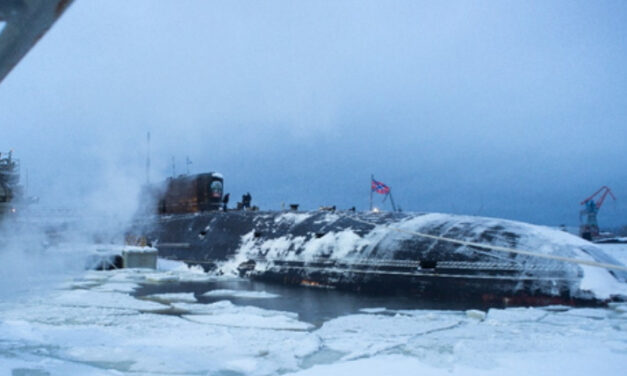
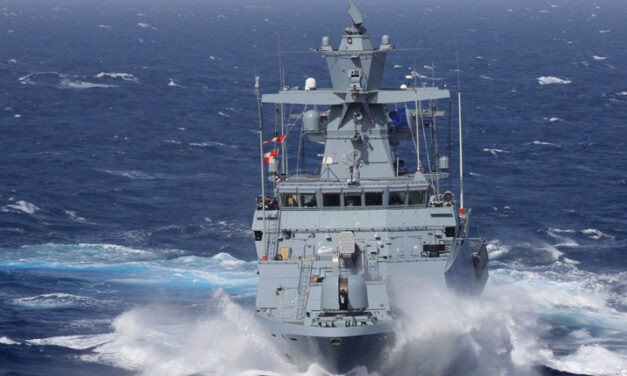
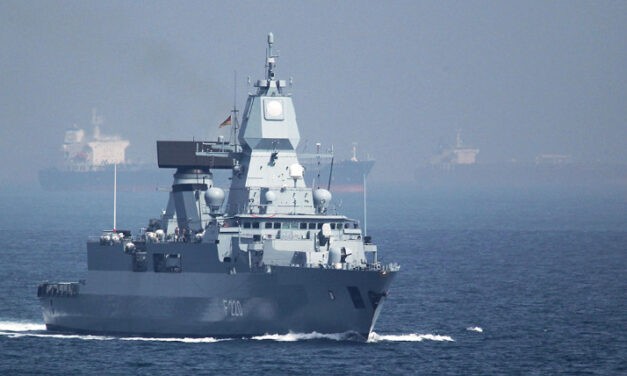
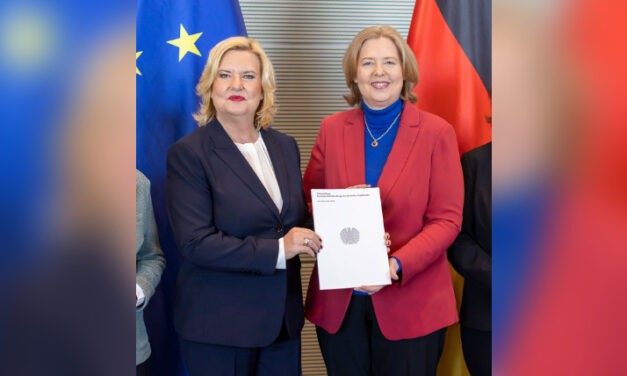
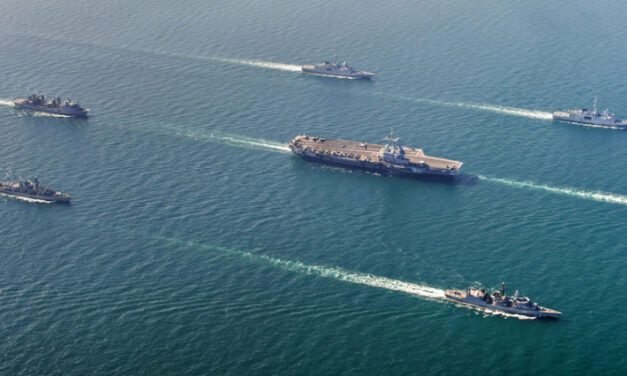
Recent Comments